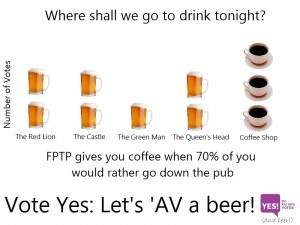I was about to write a post about Andrew Marr’s expressions of regret about resorting to a dubious legal method of gagging the media, but found that Charlie Beckett has expressed it better.
Like any citizen Marr had a perfect right to defend his privacy. But as a journalist he must have realised his legal actions would reduce his credibility as someone who can interrogate the powerful and famous about their personalities as well as their policies and actions.
It’s not his fault that the judges (or rather one judge in particular) has decided to extend the power of the the super-injuction to a point where corporations as well as celebs can avoid exposure. But it is his fault that he took advantage of it. (Of course, the Internet has made even the most super of injunctions a fallible tool for suppression but they still keep the facts out of the general public’s gaze – perhaps that’s why Marr was so rude about bloggers.)
Marr now admits that his actions were hypocritical, but I think it’s worse than that and that’s why he shouldn’t really be doing political interviews anymore. He is a very clever man who has written the best ‘straight’ history of British journalism we have. I hope he continues to broadcast as a presenter of programmes like Start The Week and those popular histories of Britain. But he has now lost any pretence to membership of the Pugilist Tribe.
We need people like Ian Hislop and Private Eye who are prepared to be wrong sometimes in their efforts to get to the truth. Yes, the Pugilists may act out of shallow and malicious motives. They may over-personalise attacks and get their facts wrong or out of perspective. But they are more likely to ruffle the feathers of the mighty. And critically, the best of them don’t see themselves as part of authority.
Yep. Apart from anything else, Marr has been critically weakened by this. He’s a talented and thoughtful man but there’s no way he can credibly take on slippery and evasive public figures from now on. The BBC has to drop the AM show on Sunday mornings. Or find someone with untarnished credibility to do it.

